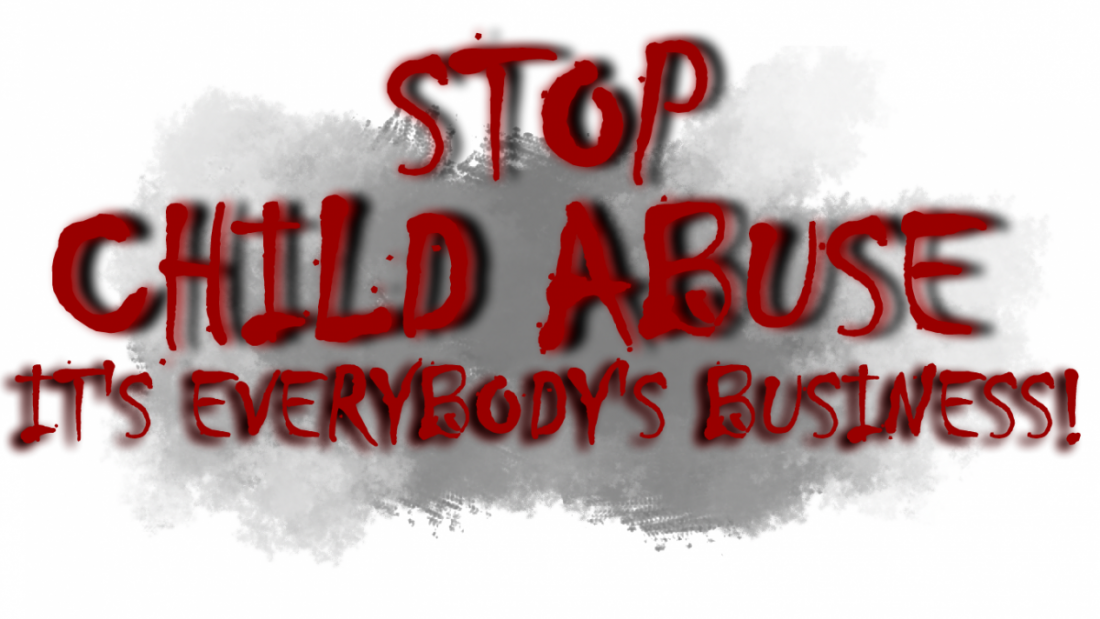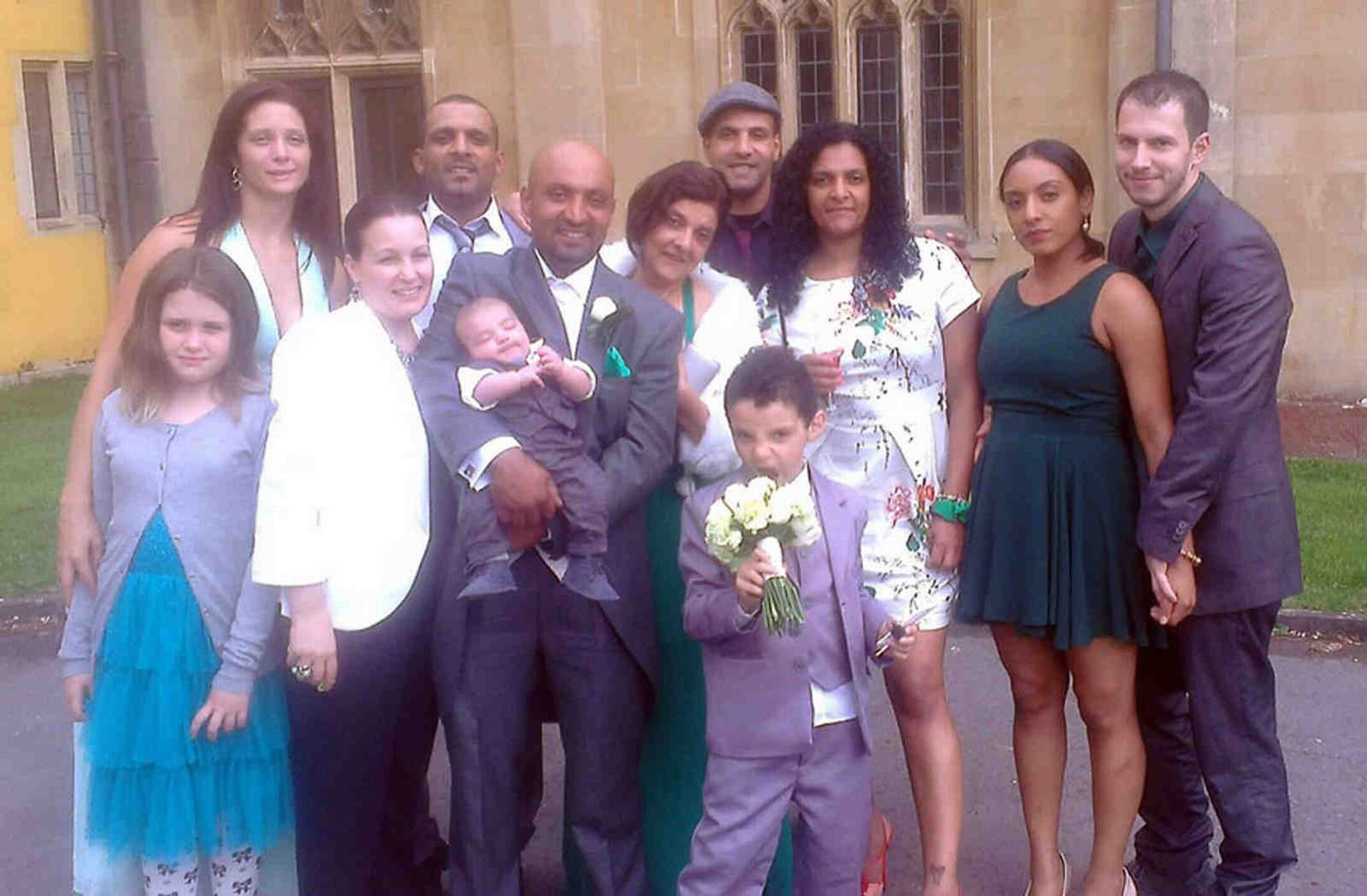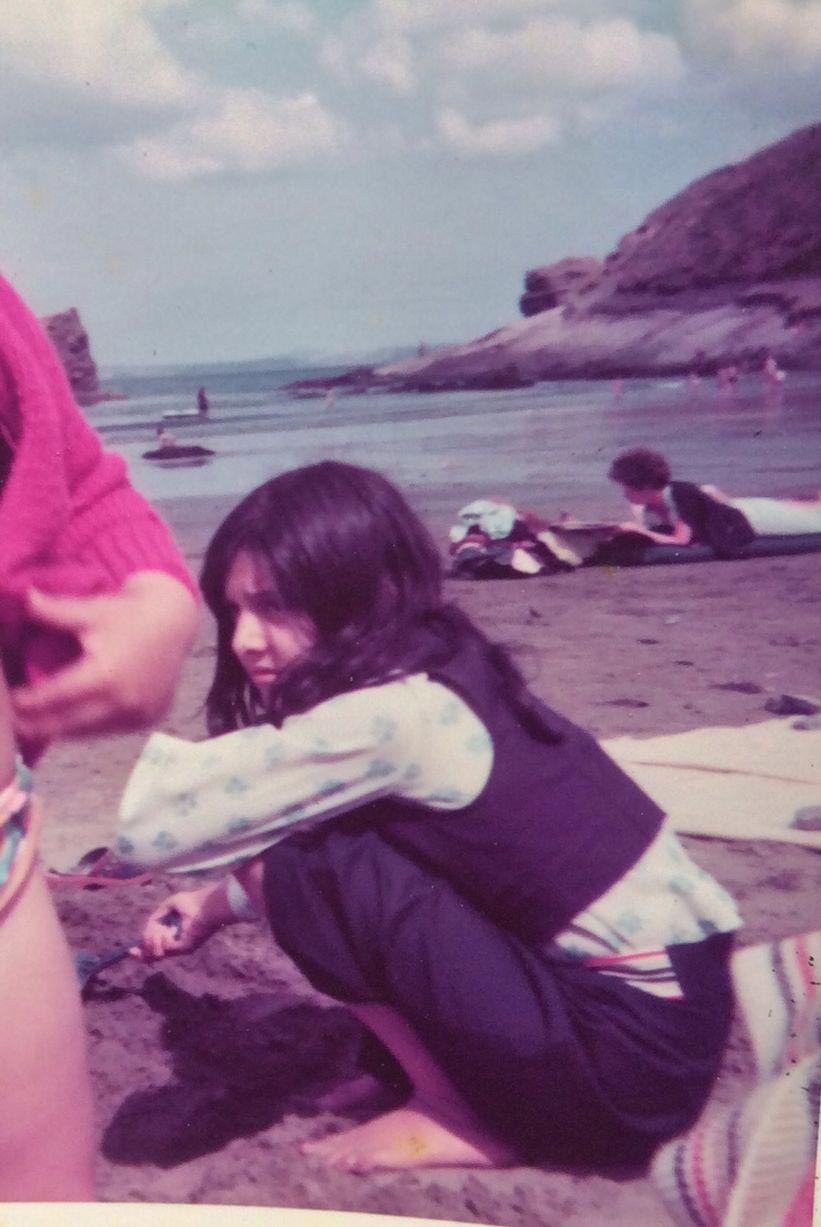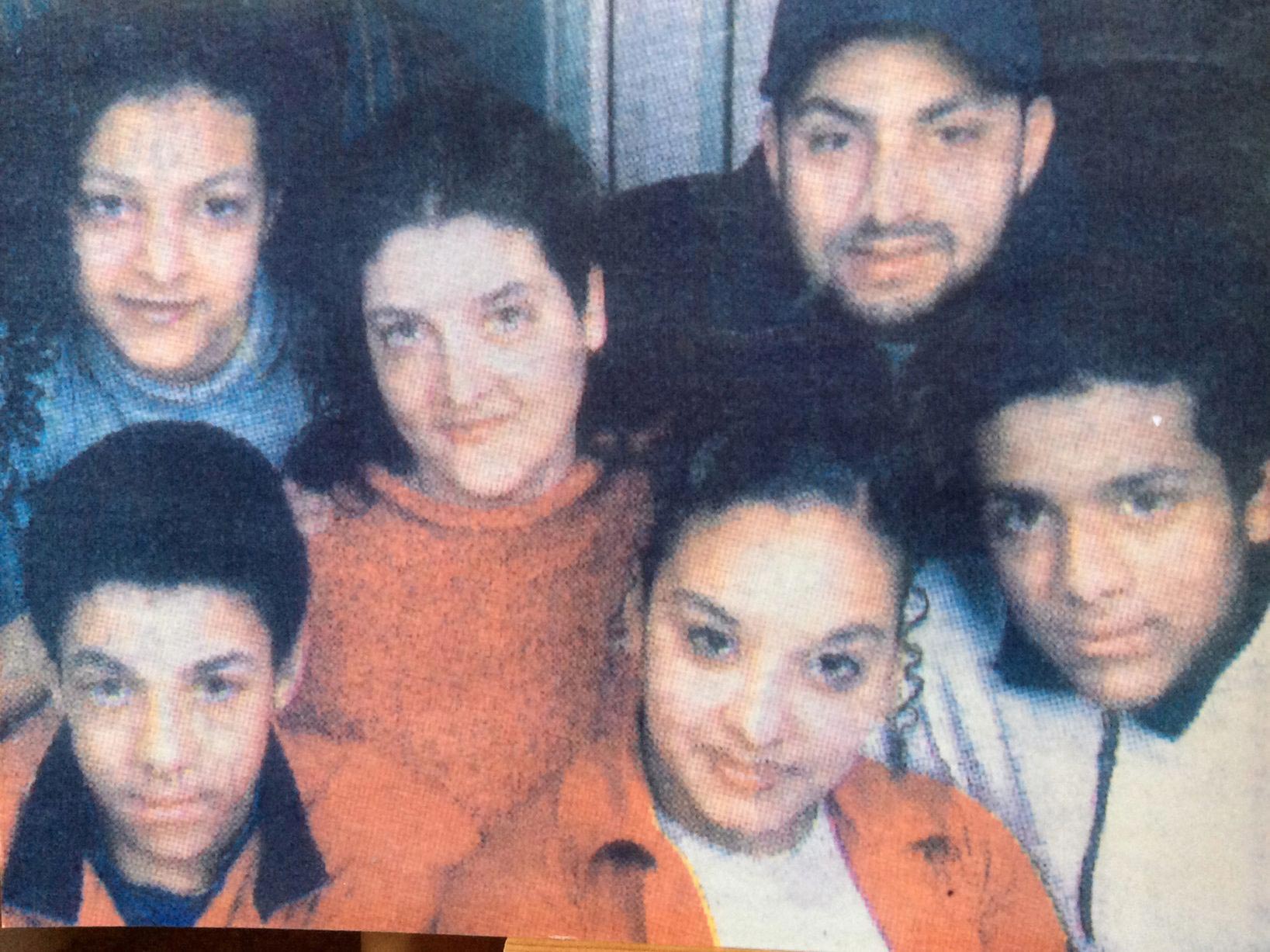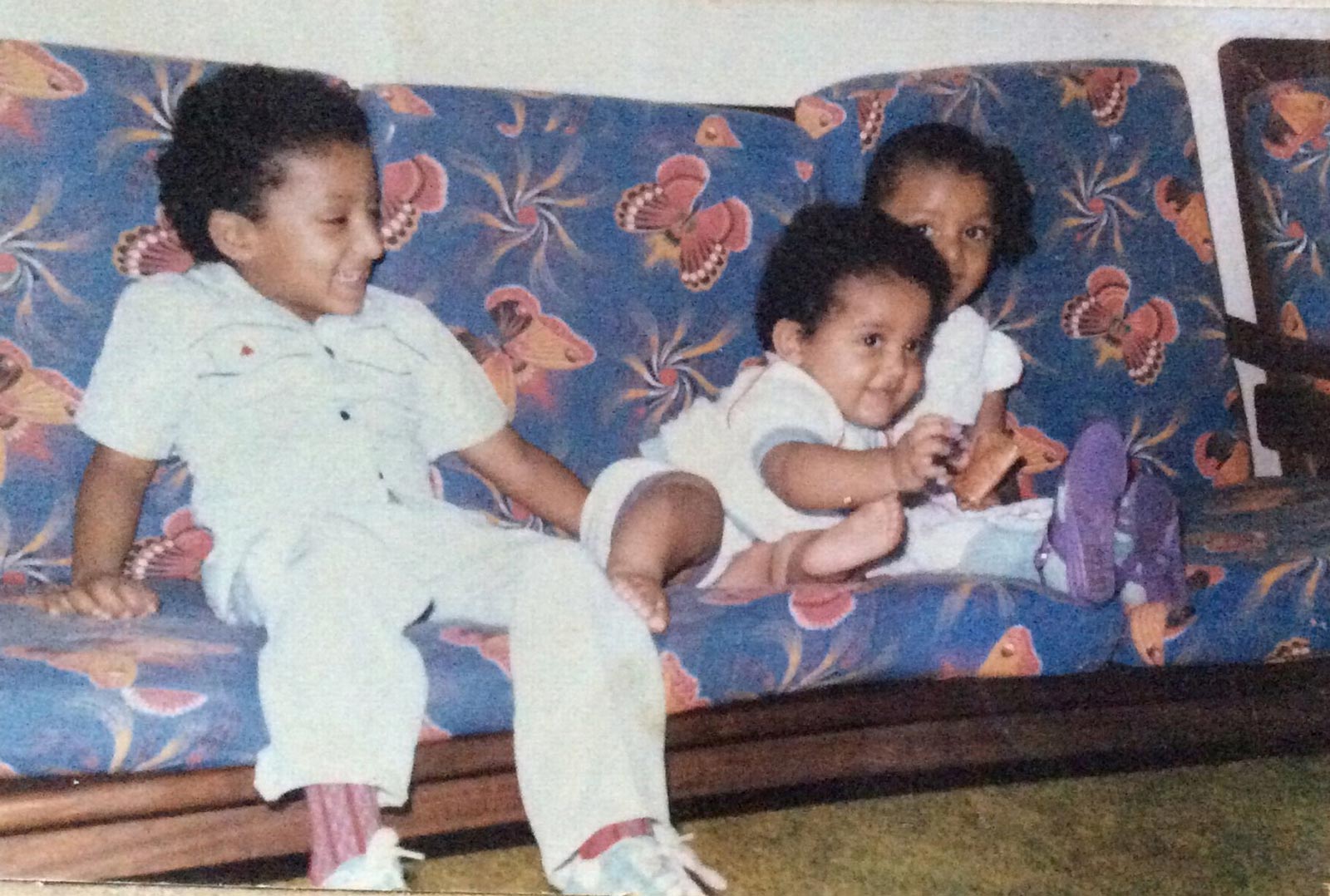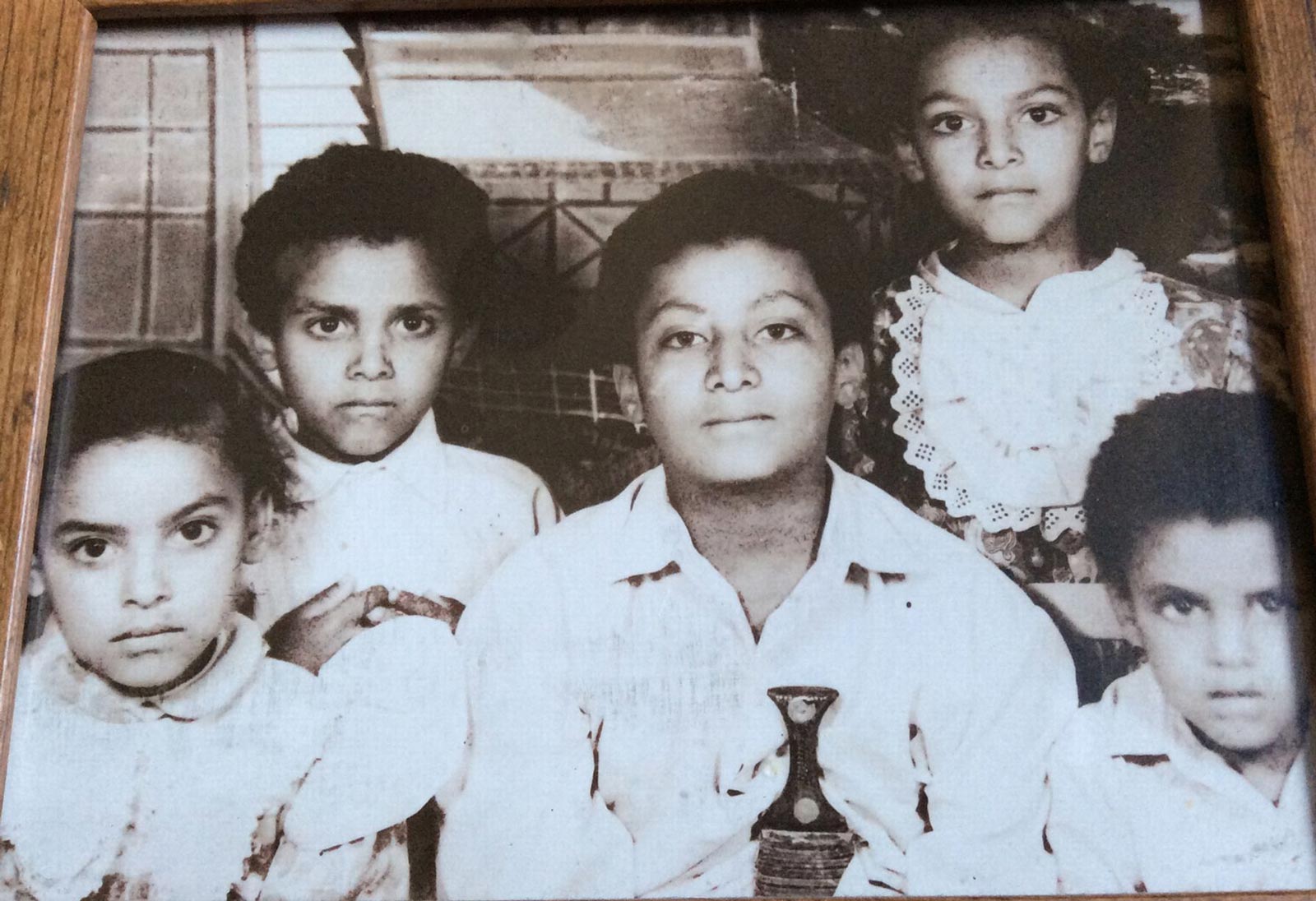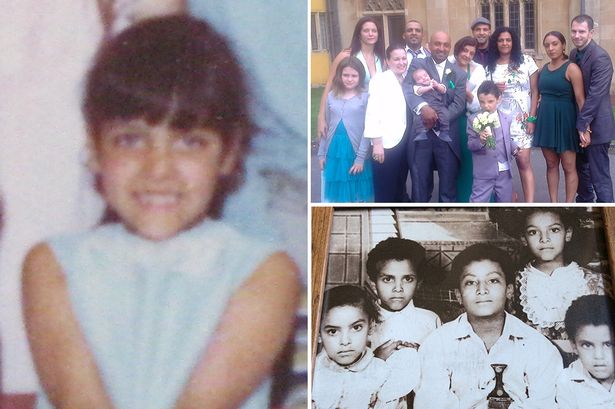Gaby Gillespie was betrayed by the person who was meant to love and protect her.
Her father killed her mother and then sold Gaby and two of her sisters into marriage in the Yemen when they were just teenagers.
Welsh-born Gaby, now 50, suffered almost 20 years of abuse at the hands of a violent man while one of her sisters took her own life and her killer father turned on her with a shotgun.
But now that her father is dead and she and her children are safe in Britain she has decided to tell her story in the hope it may save even one girl from suffering the same fate.
Brave Gaby said: “It was a huge decision to finally tell my story. I think it was a story that needs to be told – not just what happened to us, me and my sisters, but anybody that’s gone through it or thinks they may be at risk of going through it needs to start speaking out if this practice is ever going to be eliminated.”
She added: “I wrote my memoirs in 2001 but I never intended to publish – I could never have published them while my father was still alive.”
Gaby grew up in Newport with her Yemeni father, Ali Abdulla Saleh Yafai, her mother, Mary, who was from Birmingham, and her three sisters Ablah, Ismahan (Isyy) and Yasmin (Yas).
From what she remembers her early years were largely happy but when she was six her mother went missing.
On September 2, 1971, the day before her 26th birthday, Mary didn’t come home.
The following day her husband told the police she had disappeared prompting a nationwide search.
It was not until a year later that her father was arrested and accused of killing her mother.
Police had searched the family home in Newport and began to gather witness statements.
In her book, A Father’s Betrayal, Gaby described how they found traces of blood in their house in Grafton Road.
She said: “One witness was our next-door neighbour who gave evidence that she heard Mum screaming ‘No! No! Please don’t… I’m sorry, don’t’ the day mum disappeared.
“She also said she heard a fight going on, sounds like furniture being thrown against the walls, then she said it went silent.
“A little while later she said she heard scrubbing sounds coming from our kitchen. She also told how she saw Dad and two men carry out a big rolled up carpet later that night and load it into Dad’s meat van.”
Her father was found guilty of manslaughter and sentenced to six years in prison, of which he served four.
While he was in prison Gaby and her sisters were looked after by a foster carer called Jim who cared for them like his own children.
Those are the happiest years described in Gaby’s book.
When Ali Yafai came out of prison his daughters, who believed he was innocent, moved back with him before he told them they were going to the country of his birth, the Yemen, for a holiday.
Story continues after the slideshow
SLIDESHOW: Gaby Gillespie And Her Family
Jim tried to stop the girls going and to find them once they were there but he was powerless against the rights of their father over his children.
In May 1977 Ali took three of his daughters to his home country, which he had told them was a magical place where fruit would fall out of the trees into their hands.
The reality was very different as Issy, Yas and Gaby were sold off by their father to older men.
One of Gaby’s sisters, Issy, resorted to suicide to avoid marrying a 60-year-old man and her loss would have a powerful and lasting effect on her sisters.
Gaby said: “I don’t want to deal with her loss. Even when I was writing the book that chapter was very difficult.
“I struggled to put myself back in the time where we lost her, to talk about her.
“We never dealt with the grief of losing her, never can deal with the grief, because of the way we lost her.
“It’s just something we have to live with, it’s something I put to the back of my mind.
“I’ve learned to do that very well in my life, trying not to revisit it, because it’s too painful for me.”
Issy tried to take an overdose and then cut her wrists but each time she was stopped. She finally succeeded by jumping off the roof of a building before anyone could stop her.
Gaby describes the way the girls’ spirits were crushed by their experiences and their subservient positions to their husbands.
She said of her sister Yas, who suffered several miscarriages: “The strong argumentative tomboy sister I once had disappeared the day she got married and continued to fade with every child that she lost.
“My sister had no energy to fight for anything anymore – she was just surviving.”
In one particularly horrific episode her drunk husband, who had been sleeping with other women, punched Gaby, forced her to drink whisky and raped her while her children slept next door.
He said to her: “I need you to learn how to satisfy me. I want a real woman in my bed, not a child – now drink!”
But told him: “It’s not my fault you married me when I was a child. Why didn’t you marry a woman if that’s what you wanted?”
He smashed the whisky glass into her arm, which she had raised to protect herself, and then dragged her into the sitting room.
Gaby kicked and broke a glass coffee table in her desire to get free. Her husband dragged her through the glass which tore into her body.
He pulled off her clothes and punched her before he finally slammed her head into the floor until she passed out.
She described the aftermath of her ordeal and said: “When I finally came around [he] had left me on the floor, soaked in my own blood.
“I lay there for what seemed like forever looking up at the ceiling, my mind blank from any thought, unable to and not wanting to move.
“I finally picked myself up and quietly made my way into the bathroom, closing the door behind me so not to wake the children as I sat in the shower and washed away the blood that covered my whole body.”
Gaby became immune to being raped but when her husband threatened her children she hit back.
Her father also attacked her and her children and at one point brandished a shotgun and told her: “Today I’m going to kill you the same way I killed your mother.”
It was only after getting help from the British Embassy that Gaby was able to escape the Yemen and come home to the UK at the end of August in 1992.
Read the full story at Wales Online

